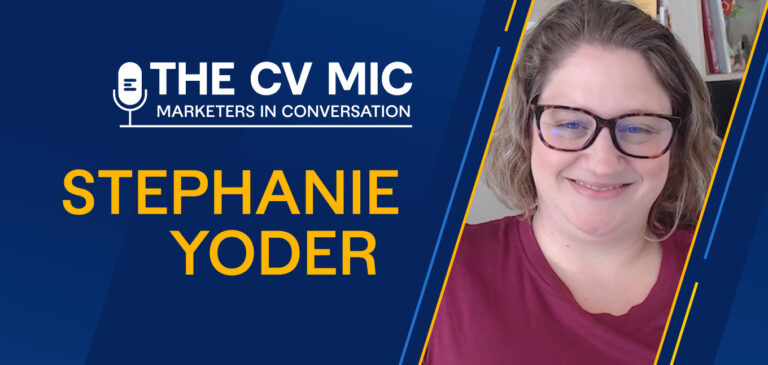After analyzing 184,000+ bylined articles in Fitness via our VoiceGraph index, we found a continuing trend toward longer articles. In the period 2014-2019, the percentage of all long-form articles (those over 1500 words) had the highest rate of growth — nearly doubling — while the shortest articles (those 300-600 words) dropped by 24 percent.
Looking at word count data across other major industries in 2019, we found that Fitness had a significantly lower percentage of the shortest articles (300-600 words), even when compared to related industries like Health and Beauty.
Download our ebook to see more data insights on:
- Which word count ranges get 3x more traffic than others?
- Which word count ranges had the least number of “0 shares” on social media?
- What is the distribution of articles in Fitness categories?
- What are the typical article word counts in the Fitness industry?
- How does Fitness compare to other industries?
- How have Fitness article word counts changed?
Word count ranges studied:
- 300-600
- 601-900
- 901-1200
- 1201-1500
- 1501-2000
- 2001-3000
- 3000+
Also see: Word Count Trends in 25+ Industries: VoiceGraph Data Study of 24,600,000+ Articles




